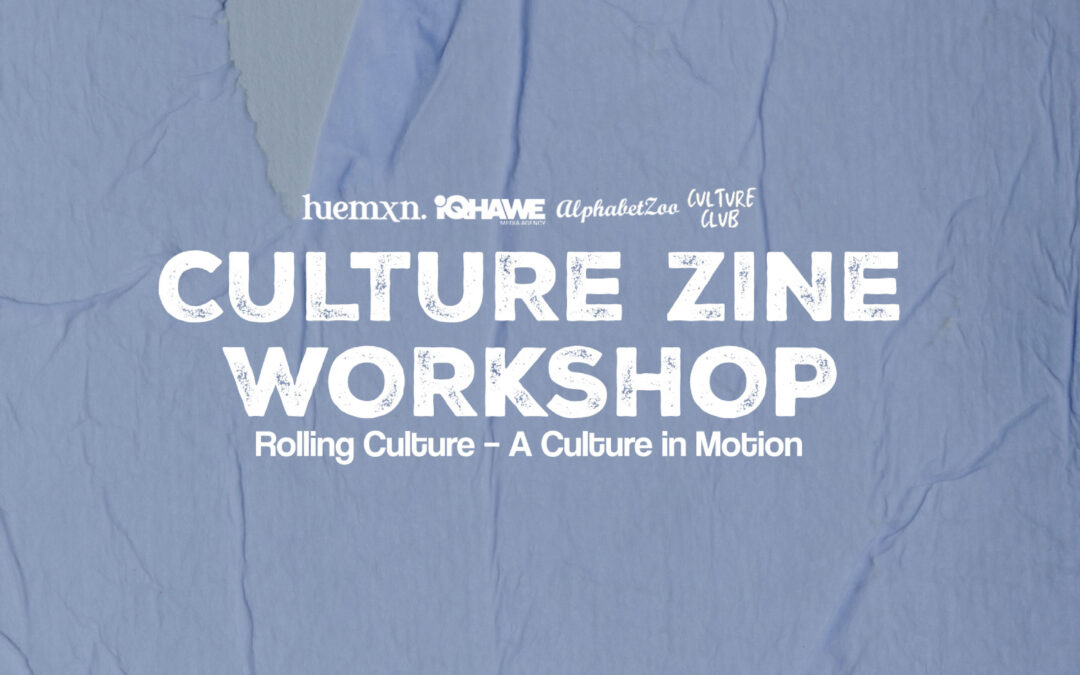Growing up in the 21st century, set against all the ways we are socialised and cultured into bias and prejudice, the HIV epidemic has always struck me as a paradox of both the fragility and resilience of being alive and of being human. That fact that we are at the mercy of microscopic organisms is sometimes a hard thing to reconcile for creatures such as us; so clearly endowed with vast ideas, vast abilities and vast systems. Yet, with the recent pandemic and all its polarising qualities; I look to the history of HIV as a clear example of what happens when we strive for access to healthcare, medical intervention, awareness and de-stigmatisation. Today, someone who is HIV-positive can lead an incredibly full, beautiful life; and with the correct intervention, the virus itself can reach an ‘undetectable’ status. This is an incredible feat against a disease which has ravaged the world for nearly 40 years ; and to which none of us are beyond facing.
Today, 1 December, is World Aids Day – and this year’s theme is ‘EQUALISE’; because as much progress that has been made in the fight against HIV/AIDS, so there are many barriers in our continued progress for equality, access and stigma reduction, and ultimately, eradication of HIV entirely.


According to a report by UNAIDS; “In 2021, there were 38.4 million [33.9 million–43.8 million] people living with HIV, and 54% of all people living with HIV were women and girls.” We spoke to Zella Young, COO at LifeSense Disease Management, to learn more about the importance of knowing your status, and the invaluable purpose of antiretrovirals: the treatment for HIV that has seen leaps and bounds into a what it is today; a single pill, daily, that saves lives.
“Part of the barrier to equality in the HIV epidemic is that everyone needs to know their status. Once you know your status, and have accepted it, taking steps to get treatment can be instrumental in being able to live a normal, healthy life. Many people are living with HIV, and are in relationships, and yet the stigma of a positive-status can be such that they feel incredibly alone, in a bubble of fear, and if they are not on treatment, they are at a high-risk of developing AIDS.
HIV is a virus that attacks the body’s immune system (CD4 Cells), and starts making “copies” of itself. The more “copies” there are of the virus, the more CD4 cells are attached, resulting in a compromised immune system putting the individual at risk of other infections and diseases. When the immune system’s CD4 count, the cells that fight viral infection, is lower than 200 cells/mm3, it then constitutes a person receiving a diagnosis of AIDS. Antiretroviral intervention ensures that someone’s CD4 count does not lower to that degree.” Zella explains, pointing out that there is a clear difference between HIV and AIDS; and while the two explain varying states of having the virus, that there is also an incredible hope.
The general protocol for HIV testing at pharmacies, clinics and hospitals, both public and private is that when someone chooses to get tested, they are pre-counselled by highly trained people, and should they receive a positive diagnosis; they are then further counselled on appropriate steps to take. The key principle of this process is that everyone is counselled with empathy, with all their questions, fears and concerns answered. Then, it’s about sharing the good news with the patient; which is that HIV is not a death-sentence, and it is not a hindrance to living your life. If a patient who is HIV+ starts immediately on their treatment, it will stop the virus from replicating in the body. This is what can allow the body to ensure it is protected against HIV, and maintain a high CD4-count, and a low viral-load.


A central aspect to how we de-stigmatise HIV is through education, cultivating honest, non-judgemental awareness around sexual health. It is imperative to practice safe sex, and in particular; ‘pre-exposure prophylaxis’, known as ‘PrEP”, a medication that can be administered to people at a high-risk of HIV exposure. Zella explains, “PrEP is a form of antiretroviral therapy which is given to individuals that want to protect themselves from contracting HIV. PrEP is taken continuously whilst the individual is at risk of contracting HIV from an infected individual. If you are in a situation where you are not already on PrEP, it must be taken at least a week before sexual activity in order to protect yourself from contracting HIV.Very importantly, to qualify for PrEP; one needs to be HIV-negative. These are measures everyone can take to ensure that they secure their own agency and safety in any circumstance that might arise. Guidelines indicate that condoms should still be used for the protection against sexually transmitted diseases”
After testing positive, with immediate and consistent treatment one can achieve an undetectable viral load which can lead to an HIV-positive person not transmitting the virus to another person through intercourse; this means that under the correct course of action, an HIV positive person can practice sex with their partner, without protection. This is only, and I stress, if we continue to build individual and collective accountability for how we face HIV and as well as being honest with your partner about your status. It does not mitigate sexually-transmitted infections and thus practicing safe sex is something that should always be of the utmost priority.
In South Africa, we have the largest, national HIV program in the world. The support for this disease exists nationwide and it is state-funded; it is essential that these conversations are brought into every community across the country, as every person in South Africa is entitled to HIV health-care and support, whether through medical aid or state-facilitation. As Zella clearly says, “One of the major challenges that we face in South Africa is the stigma attached to HIV. People are reluctant to go forward and disclose their status, and therefore do not access the necessary treatment that is available.”
With the state of our country often in contention; it is incredible to know the utmost seriousness with which our government has handled the HIV epidemic. As Zella explains, this extends to motherhood; with South Africa offering some of the best, direct support pre and post-natally for HIV-positive mothers, “Our government has the most amazing pregnancy program, which people need to know about. A pregnant woman can immediately be tested for HIV, if her status is confirmed as positive – treatment begins immediately. Then, she has her viral load tested again within six weeks. The minute the mother becomes undetectable, she will not transmit HIV to her baby; even if she was positive at the time of falling pregnant, as long as she gets onto treatment, during the pregnancy. All throughout this, she is supported, and after attaining and maintaining an undetectable viral load, she is then highly encouraged to prioritise continued treatment. The minute the baby is born, they are given what we call “PEP” – post-exposure prophylaxis – which mitigates the exposure in-uterine and during the delivery. If mom decides to bottle feed, the baby receives PEP for six weeks; if mom decides to breastfeed, the baby will continue PEP until such time they are weaned off the breast.”
The availability of these resources are localised in our areas across the public and private health sector; and HIV is not a bygone issue, despite the progress we have made. Like any disease, it does not discriminate; and everyone, across every socio-economic, class, sexual, racial and gender spectrum can be infected. We need to have these conversations in our communities, with our friends and families; and most importantly, we need to know our status. We invite you to ‘equalise’ the conversation and fight against HIV.
Resources ///
The South African National Aids Council
EVERY SOUTH AFRICAN IS ENTITLED TO HIV TESTING AND TREATMENT.
Written by: Holly Beaton
Published: 1 December 2022
For more news, visit the Connect Everything Collective homepage www.ceconline.co.za














